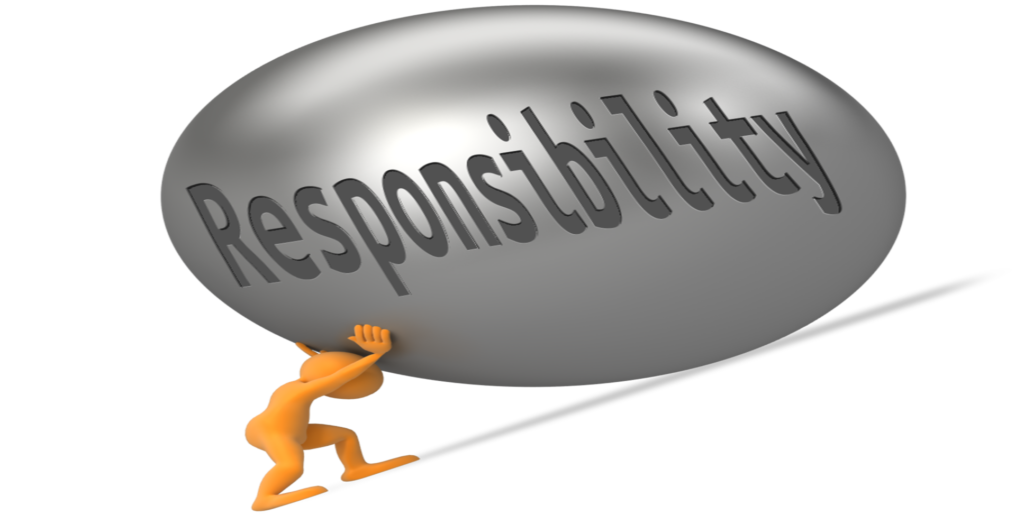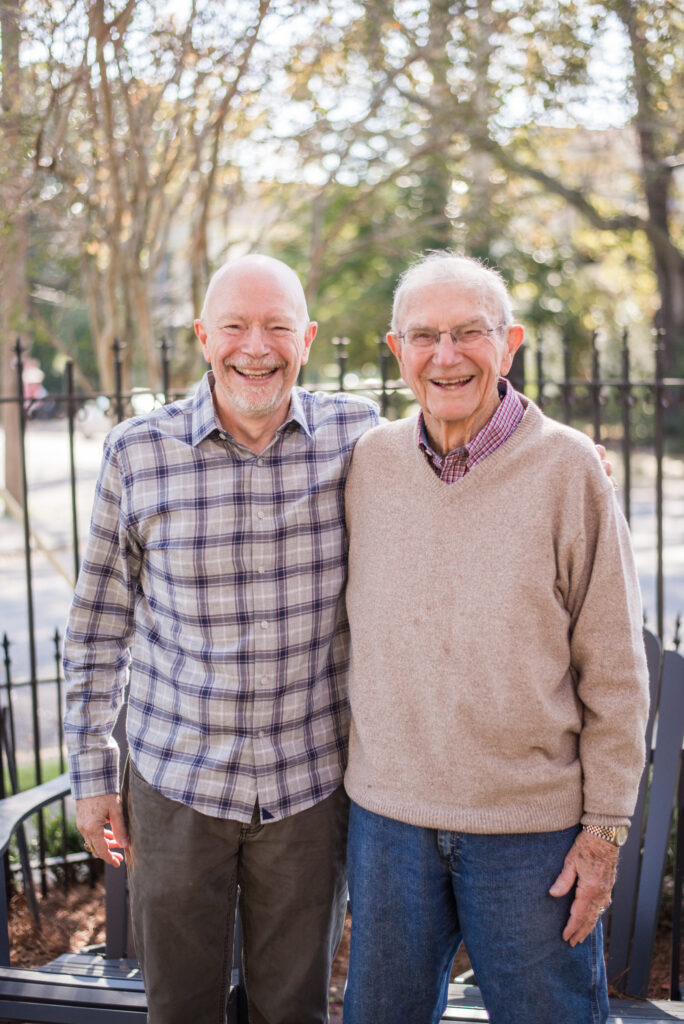Sometimes a leader has to take responsibility, even when it may reflect poorly on them. I learned a few lessons about accountability and responsibility during one of my positions at Chevron.
First, a little background. When I served as General Manager for North America Supply Chain in Chevron’s Global Lubricants organization (2005-2006), I had responsibility over nine (9) plants in Canada, U.S., and Mexico. I was one of four regional supply chain GMs in the global unit. We also had GMs of Sales and Marketing in four regions as well. As an operations unit, there was a significant focus on safety and incident-free operations. In order to reinforce safe operations, the President of Chevron Global Lubricants conducted a monthly incident review meeting (President’s Incident Review Meeting, or PIRM). During these meetings, everyone in the chain of command in an area that had an incident (from front-line supervisor to the President) attended. The front-line supervisor had the responsibility to provide the background on the incident, as well as present the lessons learned.
During the first few months of my tenure, I had to attend every monthly meeting. I found this disturbing. At some point, I believe it to be 4-5 months in, the President expressed deep concern over the rising number of incidents and expressed a desire to hold a one-day “safety stand-down” globally. I respectfully challenged him, saying the problem wasn’t a global issue. His response was to then say that North America should take a safety stand-down. Once again, I challenged (in the presence of my boss, the VP of North America), saying the issue wasn’t a North America issue. I hadn’t seen a representative from North America Sales, Marketing, or staff in any of the PIRMs yet. I stated that the issue was in North America Supply Chain, and volunteered to host a system-wide, one-day shutdown of all our plants in order to discuss the disturbing rise in incidents.
I then called my leadership team together (via conference call) and set the following guidelines:
- For one day, all of our plants would shut down operations and spend the day reviewing incidents and developing plans to become incident-free.
- All North America Supply Chain supervisors would meet separately in a central location. Local and regional staff (non-supervisors) would conduct the local plant meetings using a standard agenda.
- I would designate a team of people to put together agendas (one for the plant meetings, the other for the supervisors’ meeting).
- We would schedule this meeting well ahead, so that our Sales and Marketing colleagues could work with our customers and adequately prepare for the shut-down.
- I asked the team developing the supervisors’ meeting to ensure I had time on the agenda for opening remarks.
I don’t remember the agenda for the supervisors’ meeting, but I definitely remember preparing my remarks. I vividly remember updating and editing them on the plane to Houston, where we would all meet at a conference room in the airport hotel. I knew that my remarks, and my leadership, would set the tone for, hopefully, an improvement in the safe operations of all our employees.
As we opened the meeting, I remember making the following points to the North America Supply Chain supervisors:
- Leadership sets the tone. Everyone in this room is a leader of some group in our organization.
- Our current performance on safely is unacceptable. I shared my personal philosophy that incident-free operations are possible. Most of us in this room had flown to Houston for this meeting. I stated I didn’t want to fly on an airline with a 97% safe flying record. I wanted 100%, and asked the room if everyone agreed. They did.
- As a leader, I know that I set the tone for our organization. I then said that my performance is unacceptable, and told the group that I knew I would not be able to achieve a perfect performance rating this year due to our safety record (and our VP, who was in the audience, confirmed).
- I then made a bold statement: any supervisor in this room who has an incident (even 1) will not achieve a perfect performance rating, even if they “hit it out the park” on all other metrics.
We went on to have a good meeting, and left with a high level of commitment to improve our safety performance. The group went on to improve this performance significantly. After the year was over, we went into our performance ranking sessions. I went into that room with a recap of incident rates by supervisor. I was surprised when some of my direct reports put some of their supervisors up for perfect performance ratings when they had incidents in their individual units. When this happened, I overruled the prospective rating.
Years after, I have reflected on the lessons learned from this experience. I have come up with a few of them:
- The leader must take responsibility for the performance of their organization.
- The leader’s words and actions set the tone for the team’s performance.
- Accountability is a wonderful thing. As the adage goes, what gets measured gets done.
- Accountability starts at the top of the organization.
- If the leader doesn’t embrace accountability, the rest of the organization will not accept accountability.
- As a leader, you must follow through on certain challenges. I saw this need at our performance ranking sessions. When I followed through on my challenge, my team knew I was good at my word.
I’d love to hear your comments on a leader’s need and call to accept responsibility and follow up with appropriate accountability.



